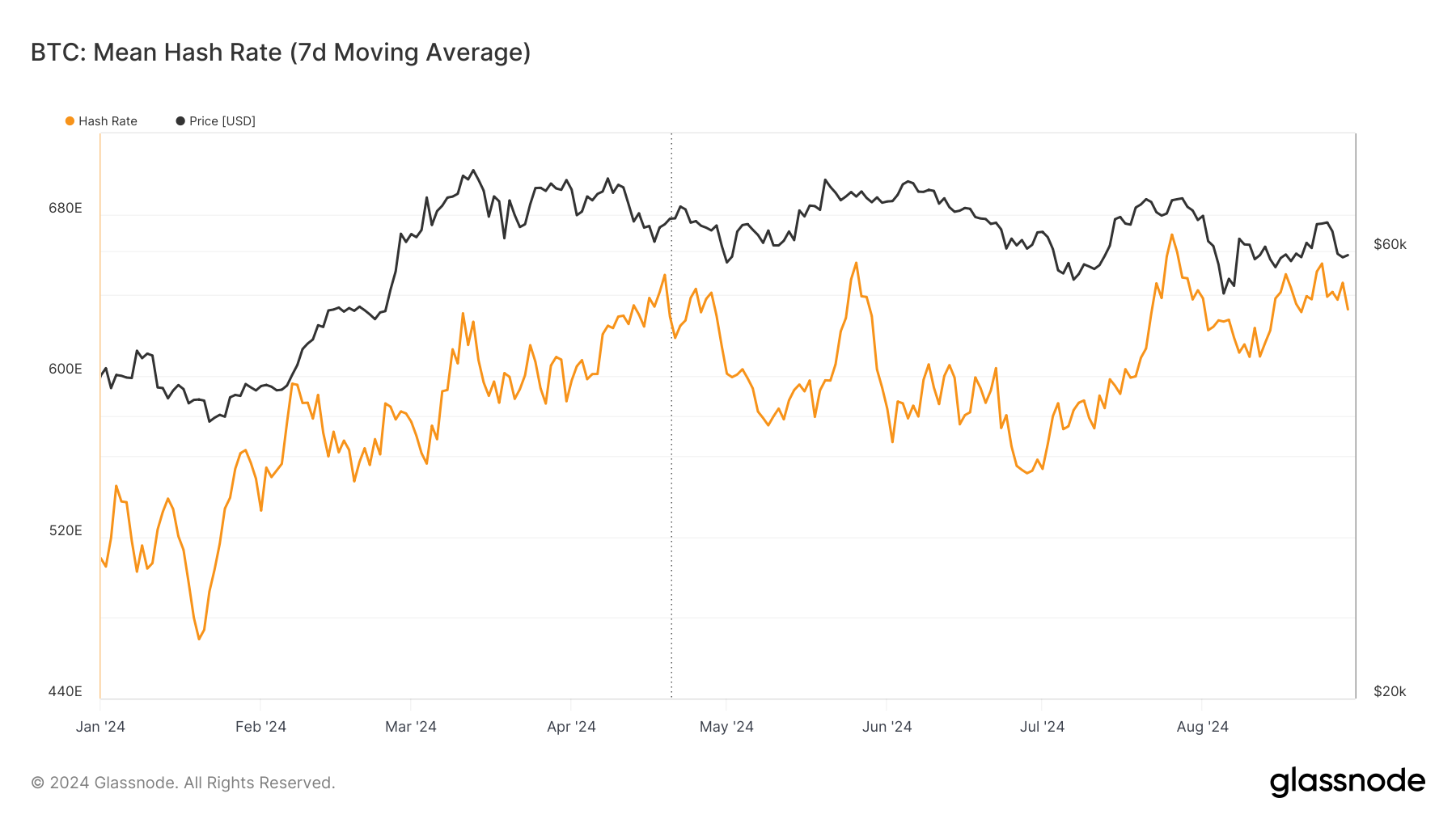After being hit by a barrage of reports from victims of digital asset fraud, California’s Department of Financial Protection and Innovation (DFPI) moves to set up a scam tracker to stifle the antics of fraudsters.
The DFPI launched the consumer complaints tracker on January 31, with 15 known scams making the first batch. The tracker contains the names and websites of the fraudulent entity, a complaint narrative, and information on the type of scam employed.
“Scammers are in the shadows using the public’s interest in crypto assets to take advantage of the most vulnerable Californians,” said DFPI Commissioner Clothilde Hewlett. “Through the new Crypto Scam Tracker, combined with rigorous enforcement efforts, the DFPI is committed to shining a light on these ruthless predators and protecting consumers and investors.”
Pig butchering accounted for a large chunk of the scamming tactics employed by bad actors, while fraudulent trading platforms came in a close second place, according to the initial listings. Other scam strategies identified by the DFPI include imposter scams and liquidity mining scams.
Most of the victims were roped in from dating platforms such as Coffee Meets Bagel and other social media platforms like Whatsapp, Facebook (NASDAQ: META), and Instagram, where scammers feigned a romantic interest in them before introducing them to the fake investment opportunities. The bait in all 15 entries in the scam tracker was the promise of large returns on deposits on an investment platform.
From the 15 known scams, the victims suffered losses of nearly $2 million, with one individual losing a staggering $500,000 in an imposter scam that impersonated CoinWorld.
“As new scams emerge, the DFPI will update this list on an ongoing basis to alert and protect the public,” read an announcement on the agency’s website. Consumers were advised to be on the lookout for schemes that involved the impersonation of well-known industry brands.
DFPI goes in hard against scammers
Aside from the scam tracker, the DFPI has spearheaded the fight against digital currency fraudsters. In December 2022, the consumer protection agency flagged 17 websites for promoting fraudulent schemes, following up on its warnings against 26 other entities back in June.
It also flagged investigations into the operations of BlockFi and Voyager Digital while the Consumer Federation of California (CFC) moves ahead to sponsor a bill for a new licensing regime for virtual currency firms.
The DFPI urged investors to be wary of digital asset lending firms on the grounds that the “same rules and protections do not govern them as banks and credit unions.”
Watch: Sentinel Node Blockchain Tools to Improve Cybersecurity
width=”562″ height=”315″ frameborder=”0″ allowfullscreen=”allowfullscreen”>
New to Bitcoin? Check out CoinGeek’s Bitcoin for Beginners section, the ultimate resource guide to learn more about Bitcoin—as originally envisioned by Satoshi Nakamoto—and blockchain.



